BidSwitch and sellers.json¶
In the programmatic space, sellers.json is an accompanying IAB standard to ads.txt. Each is used on the Supplier side to state the source of inventory and relationship between the parties supplying it, and each can be used by Buyers to validate the legitimacy of the inventory they are buying. In essence:
Using ads.txt, publishers state their Suppliers and their trading status for certain inventory, i.e.
directorresellerUsing sellers.json, Suppliers state their publishers and their trading relationship, i.e
publisherand/orintermediary
As an infrastructure and integration layer, BidSwitch does not fit into either the Supplier or Publisher category, but does come before Buyers in the supply chain. As a result, it is treated as a pass-through entity. This means BidSwitch is not required to host its own sellers.json file. For you to properly support sellers.json and your integration with BidSwitch, please use the following instructions.
Suppliers¶
You should only include your upstream publishers, in accordance with the sellers.json specification. Buyers may use this information for validating the supply chain, and without it hosted on your domain you may see less demand for your inventory.
Ensure your Bid Requests contain a complete Supply Chain object up to the point where you send your request to BidSwitch.
Buyers¶
To support sellers.json and your BidSwitch integration, you need to do the following:
The information in the sellers.json file can be used to validate the information passed to you in Bid Requests using the Supply Chain Object, see the Source Object section for more details.
When validating the Supply Chain, you should not count BidSwitch as a hop. When you trade through BidSwitch in Media Mode, BidSwitch will be added as a node in the Supply Chain Object given it is in the payment chain.
You should not expect to crawl a
sellers.jsonfile on the BidSwitch domain, but you can crawl a list of BidSwitch Supplier domains here, this requires a login to the myBidSwitch UI: https://my.bidswitch.com/bidswitch_assets/supplierinfo.json. This endpoint returns data in the following format, if you wish to pull this automatically your script need to authenticate by passing the auth token in the header, for more details see the API Authorization section.
{
"description":"BidSwitch Supply Partner Information",
"suppliers":[
{
"supplier_name":"Rubicon",
"supplier_id":"rubicon",
"sellers_json_url":"https://rubiconproject.com/sellers.json"
},
{
"supplier_name":"Verizon Media Exchange",
"supplier_id":"rmx",
"sellers_json_url":"https://verizonmedia.com/sellers.json"
}
]
}
Note
The list of sellers.json URLs is maintained by BidSwitch and we try to keep it up to date. Any Suppliers without an entry either do not have a file, or else our records are not fully up to date. Please contact BidSwitch Support if you think a record needs to be updated.
Supply Chain Object¶
This complete schain example shows the BidSwitch node and how it represents passing
through the previous node’s inventory. Should a Supplier not include themselves in the
supply chain making it incomplete, you will only see the BidSwitch node stating our presence
in the chain, along with the complete field set to 0 indicating the previous
node’s lack of self-reporting.
{
"source":{
"ext":{
"schain":{
"nodes":[
{
"sid":"pubID",
"hp":1,
"rid":"149f1f64-57ee-3676-a2d7-d7ab76e67263",
"asi":"example-ssp.com"
},
{
"sid":"pubID",
"hp":1,
"rid":"149f1f64-57ee-3676-a2d7-d7ab76e67263",
"asi":"bidswitch.com"
}
],
"complete":1,
"ver":"1.0"
}
}
}
}
Note
Two other entities are also exempted by the IAB from being counted as a hop in the supply chain: Google’s EB (Exchange Bidder), and Amazon TAM (Transparent Ad Marketplace)
Complete Supply Chain Targeting¶
Buyers can configure their BidSwitch Targeting Groups to only pass requests with a complete supply
chain object, i.e. when "complete":1. To do this:
Open the targeting groups configuration section in the myBidSwitch UI:
Set to Complete Only
Save the settings
